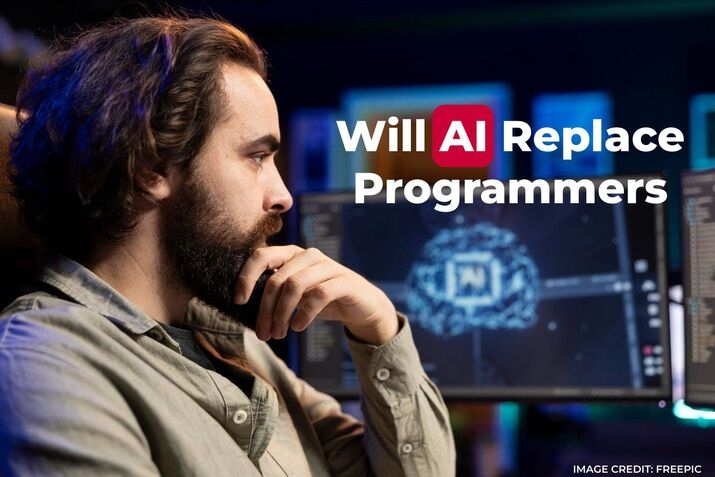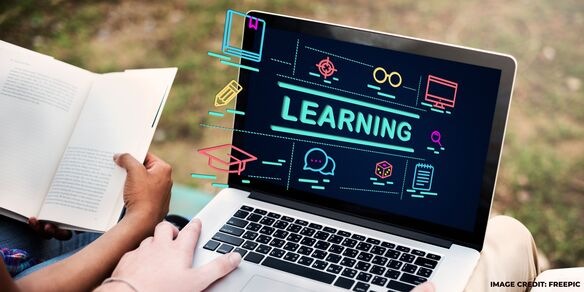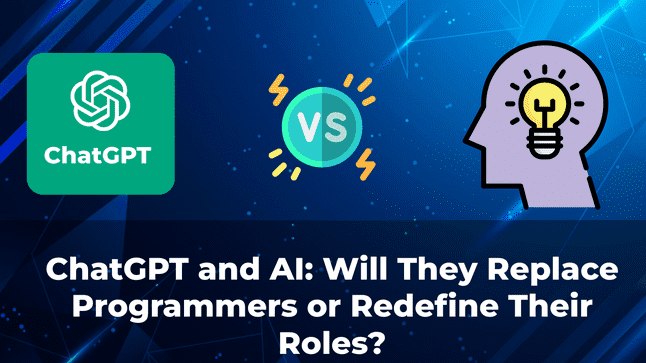Welcome to another insightful post where we discuss the ongoing evolution in programming and the technological advancements shaping the world. Today’s topic is inspired by the recent updates from ChatGPT and other generative AI tools that are enhancing various industries. Whether it’s programming, economics, or even creative fields like Hollywood storytelling, the impact of AI continues to grow exponentially.
The Rise of Generative AI
If you haven’t heard yet, a new model of ChatGPT has recently been released. Each generative AI tool comes with improvements designed for specific use cases, and staying updated on these advancements is crucial for understanding where technology is heading. Whether you’re a programmer, a business owner, or just curious about tech, knowing the latest trends can help you stay ahead of the curve.
AI is not only transforming industries, but it’s fundamentally changing how we solve problems. Whether it’s optimizing programming workflows or analyzing stock markets, AI is making its way into countless fields. Take quick delivery services, for example just as GPS tracking revolutionized the industry, AI is now creating an even bigger impact, reshaping how these services operate.
Evolution of Programming
Let’s take a moment to explore the evolution of programming. The journey of coding has been nothing short of fascinating. In the early days, computers were programmed using punch cards. You had to literally punch holes into cards to instruct machines, making coding a laborious task. Then came assembly language, which was a breakthrough at the time, as it allowed programmers to interact more easily with hardware.

The arrival of languages like C revolutionized programming, making it far more accessible and efficient. Many of today’s modern languages, like Python and JavaScript, have built upon the legacy of C. For instance, JavaScript’s V8 engine is essentially rooted in C++.
As programming languages evolved, so did the tools and frameworks built to make coding easier. Today, programming isn’t about writing complex lines of code anymore it’s about solving problems and building products efficiently.
Will AI Replace Programmers?
One of the most common questions being asked today is whether AI will make human programmers Outdated. The answer isn’t as simple as a yes or no. Programming, at its core, has always been about solving problems, and AI is just another tool to help make the process easier. Just as assembly language replaced punch cards, AI tools are enhancing modern programming practices, allowing developers to automate ordinary tasks and focus on the bigger picture.

However, saying that programming will become outdated is far from the truth. Programming will continue to evolve, just like it has with every technological advancement. AI will certainly automate repetitive tasks, but programmers will still be needed for complex problem-solving, debugging, and creating innovative products.
The Importance of Adaptation
The key takeaway is that as technology evolves, so must we. Just as programmers moved from punch cards to assembly language, from C to Python, the shift towards AI-assisted development is the next logical step. Staying updated on these advancements is crucial not just for programmers, but for anyone working in tech-related industries.

In the coming years, we will see AI becoming even more integrated into development environments. From automating testing to generating optimized code, the possibilities are endless. But the role of the programmer will remain vital whether you’re leveraging AI tools or writing code from scratch, understanding the fundamentals will always be essential.
Conclusion
We’re standing at the intersection of two massive evolutions: programming and AI. While there’s no doubt that AI will continue to improve the way we develop software, it won’t replace human programmers. Instead, it will enhance our ability to build more efficient and innovative solutions. As we move forward, it’s crucial to keep learning, adapting, and evolving alongside the technology that’s shaping our future.
So, the next time you hear someone say programming is a dying field, remind them: innovation doesn’t kill it evolves. And as developers, we must embrace this evolution, using tools like AI to make our jobs easier while continuing to push the boundaries of what’s possible.
Stay tuned for more updates, and feel free to reach out with your thoughts on the future of programming and AI.
